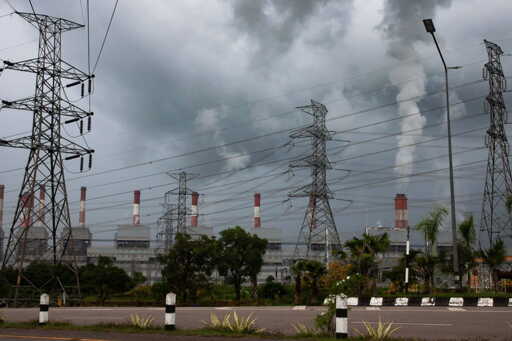MAE MOH, Thailand — Thailand has announced it will delay the decommissioning of several coal-fired units at the 2,400-megawatt Mae Moh power plant in Lampang province, prompting fears among communities who have dealt with health problems linked to the plant for decades. The Aug. 21 announcement, made by the National Energy Policy Committee, also undermines pledges by the government to address the swirling air pollution crisis in the country. Units 8 and 11 of the Mae Moh power plant, in Mae Moh district, were due to be retired at the end of 2025. But now both will remain functioning until 2031, while units 12 and 13 will be refurbished and operate until 2048 — just two years before the entire plant is due to shut down. The decision to extend the lifespan of units in Mae Moh is part of Thailand’s bid to reduce reliance on fuel imports and keep energy costs down. But as the nation struggles to rein in air pollution that is estimated to kill between 25,432 and 32,200 people annually — a figure that hits 8.1 million globally — the decision also marks a continued dependence on burning coal. Although coal only made up 16.7% of Thailand’s energy mix in 2024, fossil fuels as a whole made up 85%, while wind and solar contributed just 5% of the estimated 199.5 terawatt-hours generated in 2024. Mae Moh district’s lignite mine is the largest and oldest coal mine in Thailand, providing fuel and jobs, but these have come at…This article was originally published on Mongabay
From Conservation news via this RSS feed


